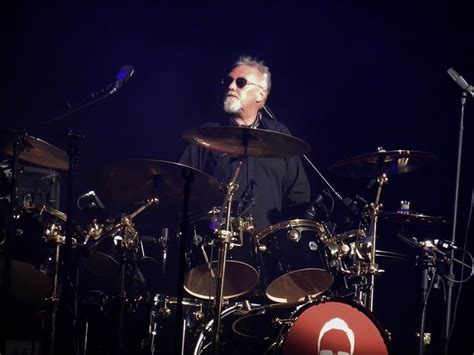A Quote by Albert Ellis
When I was 16 I started keeping a diary in which I recorded my disagreements with the famous philosophers. I didn't insist that they were wrong, that I was right and I had to prevail. I just agreed and disagreed with them. I thought there was a high degree of probability that I was right and some other thinkers were wrong. But I wasn't positive about it.
Related Quotes
Coming from a sort of very rigid European type of training to this culture which is just a little more open - a lot more open, and kind of curious, and asking different sorts of questions.Because the problem for me was that the European modernist movement in the '70s was all about right or wrong. Some things were right and you were dealing with the truth, as it were, and then some things were wrong and therefore not allowed.
There's nothing "wrong" with anything. "Wrong" is a relative term, indicating the opposite of that which you call "right." Yet, what is "right"? Can you be truly objective in these matters? Or are "right" and "wrong" simply descriptions overlaid on events and circumstances by you, out of your decision about them?
No one was to blame for what happened, but that does not make it any less difficult to accept. It was all a matter of missed connections, bad timing, blundering in the dark. We were always in the right place at the wrong time, the wrong place at the right time, always just missing each other, always just a few inches from figuring the whole thing out. That's what the story boils down to, I think. A series of lost chances. All the pieces were there from the beginning, but no one knew how to put them together.
Mistakes are at the very base of human thought, embedded there, feeding the structure like root nodules. If we were not provided with the knack for being wrong, we could never get anything useful done. We think our way along by choosing between right and wrong alternatives, and the wrong choices have to be made as often as the right ones. We get along in life this way.
For the hundredth time tonight, I’m back with Lulu, on Jacques’s barge, the improbably named Viola. She’d just toldme the story of double happiness and we were arguing over the meaning. She’d thought it meant the luck of the boy getting the job and the girl. But I’d disagreed. It was the couplet fitting together, the two halves finding each other. It was love. But maybe we were both wrong, and both right. It’s not either or, not luck or love. Not fate or will. Maybe for double happiness, you need both.






































